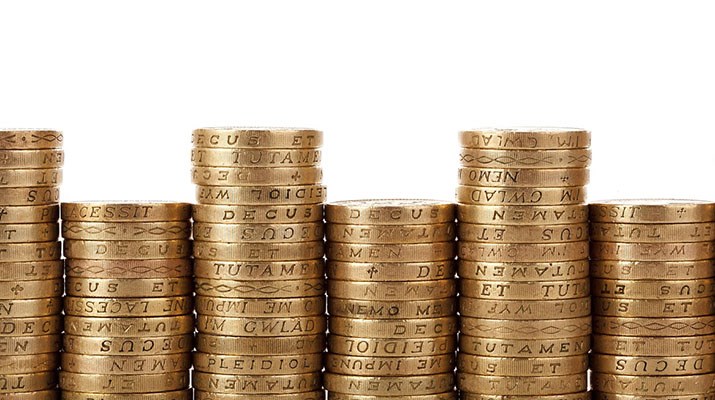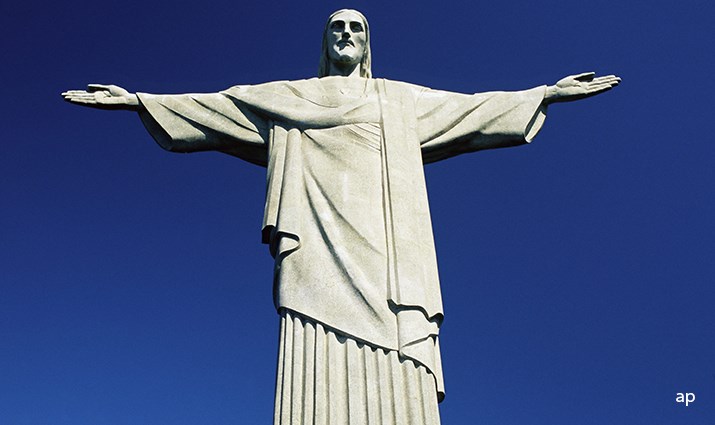
Now the midway point of the year has passed, fund managers are focused on the remaining months of what has already been a tumultuous 2020. Several difficult questions are key to how the stock market performs in the second half of the year: will a proven coronavirus vaccine be found, who will win the US presidential election, and what will be the shape of the economic recovery?
Stock markets have made a strong recovery since their March lows but many managers are cautious about whether this can continue. It’s been an uneven rally in that tech and growth companies have soared at the expense of value and income stocks.
Many businesses have scrapped their guidance for this year and fund managers are equally circumspect about predicting the year ahead. “You can’t sound the all-clear yet,” says Mike Bell, chief market strategist for JPMorgan.
Can Markets Keep Rising?
Much has been made of the disconnect between the dire economic data and upbeat stock markets. Indeed, the tech-focused Nasdaq index recently hit a new record high even while thousands of companies the world over are cutting jobs. Could the second half of the year see a dose of reality affect investors?
“Markets are trading on the hope that we have seen the worst of this [crisis],” says Anthony Willis, an investment manager in BMO’s multi-manager team. “Equity markets at their current levels are not really pricing in the 'lower for longer' rate of economic activity that we expect going forward,” he says.
He also points out that so-called Vix levels (a measure of market volatility) hit records during the March crisis and remain high even despite the recovery in stock prices.
What if Stimulus is Withdrawn?
As the world economy starts to re-open, is now the time to start looking at some of this year’s underperformers? Some investors suggest that the lack of a coronavirus vaccine is a key reason why it’s too early to look at buying into airline stocks, for example.
“Just because you’re down 50% doesn’t mean you can’t go down more,” JPMorgan’s Bell says. But he thinks there are attractive opportunities in financial services, however, with some asset management stocks looking cheap relative to say, highly valued online retail names.
Bell is cautious on the recent tech rally for a number of reasons, chief among them expensive share prices: “Even great businesses can be bad investments if there’s too much good news already in the price.” He also believes that a lot of online spending during lockdown has been driven by short-term factors, such as the $1,000 stimulus cheques given to US citizens and the furlough scheme in the UK. As this stimulus is withdrawn and economic reality bites, he expects people will drastically cut back their spending.
The BMO managers are underweight US stocks for this reason too, but they are overweight UK equities where they think share price valuations are not factoring in a potential breakthrough in Brexit negotiations.
How Important is the US Election?
The US presidential election is fast approaching and while it may have taken a back seat to the coronavirus crisis this year, the outcome could derail the stock market's exuberance. Polls currently put Democrat candidate Jo Biden ahead of Donald Trump - a Biden victory could mean higher taxes and potentially stricter regulation of tech companies that could crimp growth, BMO managers argues.
Anthony Willis thinks the US stock market would prefer a Trump victory to a Biden one and he expects a ratcheting up of US-China trade war rhetoric ahead of polling day, increasing volatility in the short-term.
But the search for a vaccine is still the key to everything, insists JPMorgan's Bell, and governments across the world still have a vital role in keeping economies afloat: "If the fiscal stimulus is turned off before the virus is beaten, there’s a risk the economy will relapse into a double-dip recession."




























